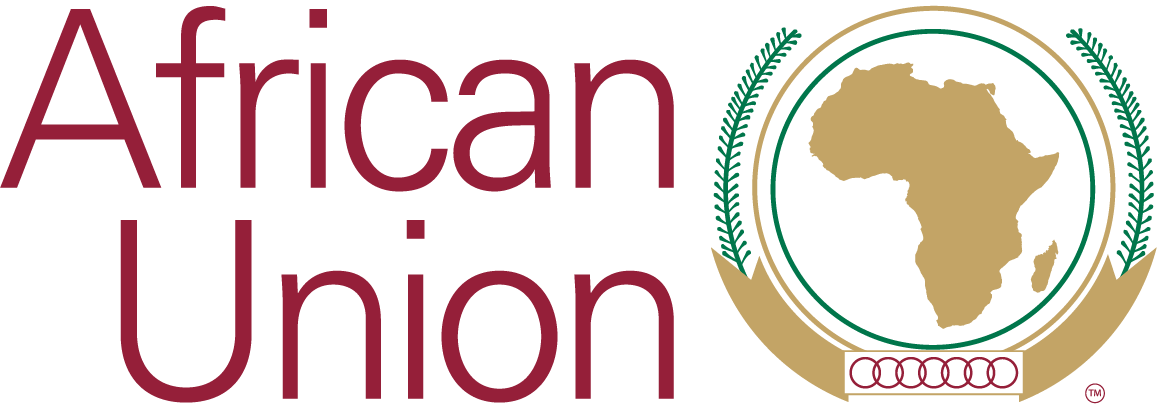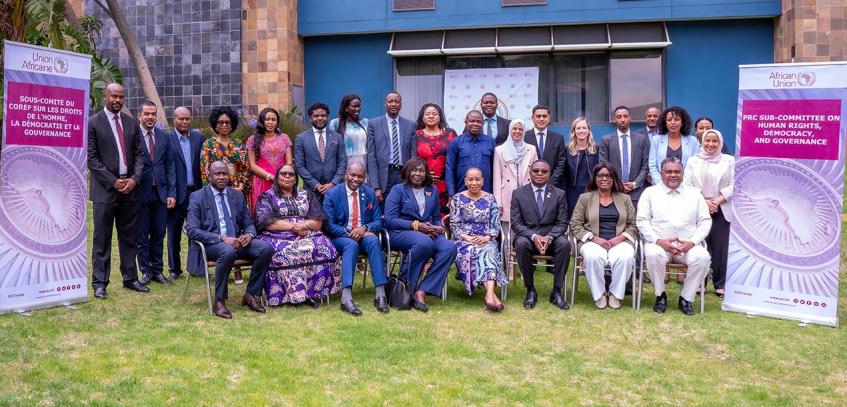The Pan-African Parliament is hosting the Permanent Representatives' Committee (PRC) Sub-Committee on Human Rights, Democracy, and Governance (HRDG) meeting on 22–23 November 2024. This two-day event brings together key stakeholders from across the African Union (AU) to discuss pivotal governance initiatives and strategize on advancing human rights and democracy, thereby reinforcing the objectives of Agenda 2063.
The choice of the Pan-African Parliament as the venue underscores its growing significance within Africa’s governance architecture. In recent years, the Pan-African Parliament has emerged as a central platform for addressing critical continental issues, including legislative alignment and the promotion of democratic governance. Hosting this meeting highlights the increasing recognition of the Pan-African Parliament as a hub of influence and collaboration among AU institutions and member states.
The opening ceremony, marking the final PRC Sub-Committee on HRDG meeting for 2024, began with welcome remarks from Ms. Lindiwe Khumalo, Clerk of the Pan-African Parliament. Speaking on behalf of the President of the Pan-African Parliament, she welcomed PRC members to the "People’s Parliament" and reaffirmed the institution’s commitment to collaborating with the Sub-Committee. Ms. Khumalo emphasized the Pan-African Parliament’s mandate to promote human rights, strengthen democratic institutions and culture, and uphold good governance, transparency, and the rule of law across AU organs, Regional Economic Communities (RECs), and member states.
H.E. Amb. Natalina Edward Mou, Chairperson of the PRC Sub-Committee on HRDG and Permanent Representative of the Republic of South Sudan to the AU, delivered remarks emphasizing the importance of collective action in addressing Africa’s governance challenges. Additionally, Amb. Salah Hammad, Acting Head of the African Governance Architecture-African Peace and Security Architecture (AGA-APSA) Secretariat, spoke on behalf of the AU Commissioner for Political Affairs, Peace, and Security (PAPS), reaffirming the AU’s dedication to aligning governance and human rights efforts with the aspirations of Agenda 2063.
Over the two days, discussions will include critical presentations on transformative governance initiatives, updates on the Pan-African Parliament’s role in fostering legislative coherence and citizen engagement, and efforts to harmonize state reporting processes for human rights, democracy, and governance instruments. The agenda also features a session on the PRC Sub-Committee’s 2025 work plan, aimed at setting actionable priorities to strengthen governance and human rights frameworks.
During the meeting, Ms. Lindiwe Khumalo highlighted the Pan-African Parliament’s integral role in bridging AU institutions, member states, and citizens through inclusive governance mechanisms. She described the Pan-African Parliament as a catalyst for implementing AU decisions, noting its efforts to address the Union’s low implementation rates by leveraging the oversight capabilities of its national members to popularize and drive key resolutions.
Ms. Khumalo also underscored the Pan-African Parliament’s advocacy for self-sufficiency, emphasizing the need to reduce reliance on external funding. Members of the Pan-African Parliament influence national budgetary processes to boost domestic resource mobilization and allocate more funding to AU initiatives. Additionally, she addressed the Pan-African Parliament’s work in streamlining treaties and initiatives, noting that member states often face challenges managing overlapping agreements. The Pan-African Parliament mitigates this issue by developing model laws that harmonize and standardize these efforts, enhancing their efficiency and effectiveness across the continent.
The PRC Sub-Committee on HRDG, operationalized in October 2019, is mandated to promote AU shared values in human rights, democracy, and governance. It also formulates policies and drafts decisions on matters related to human rights, democracy, and good governance.








